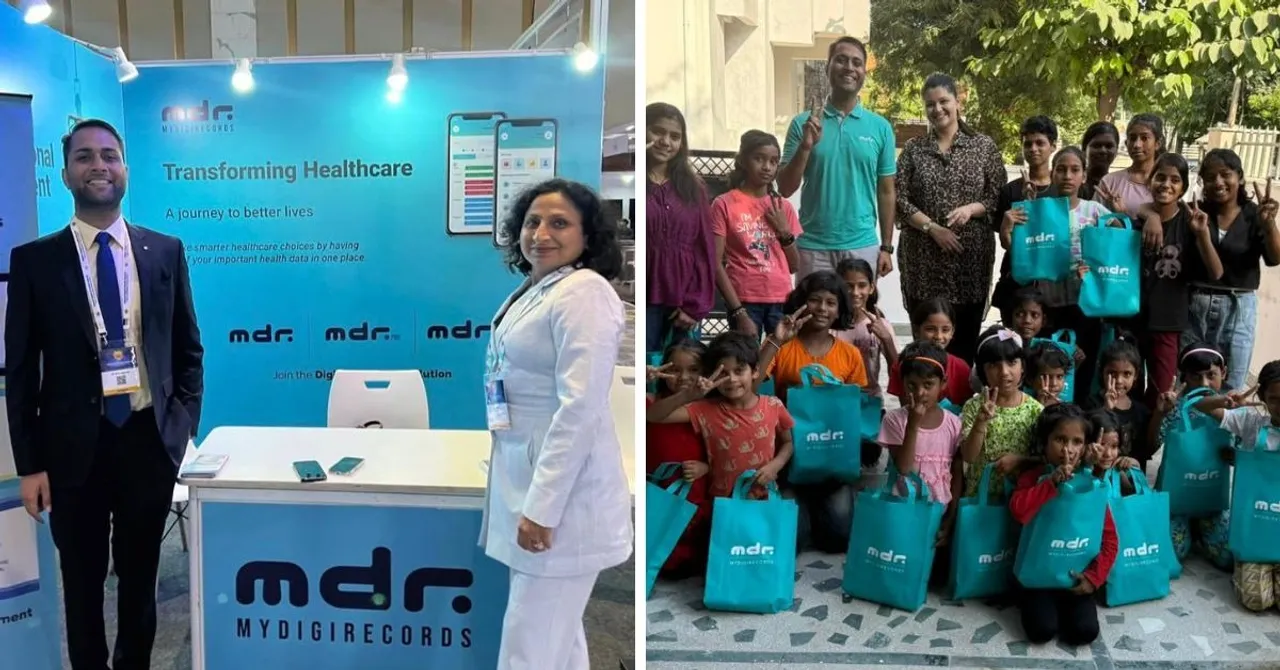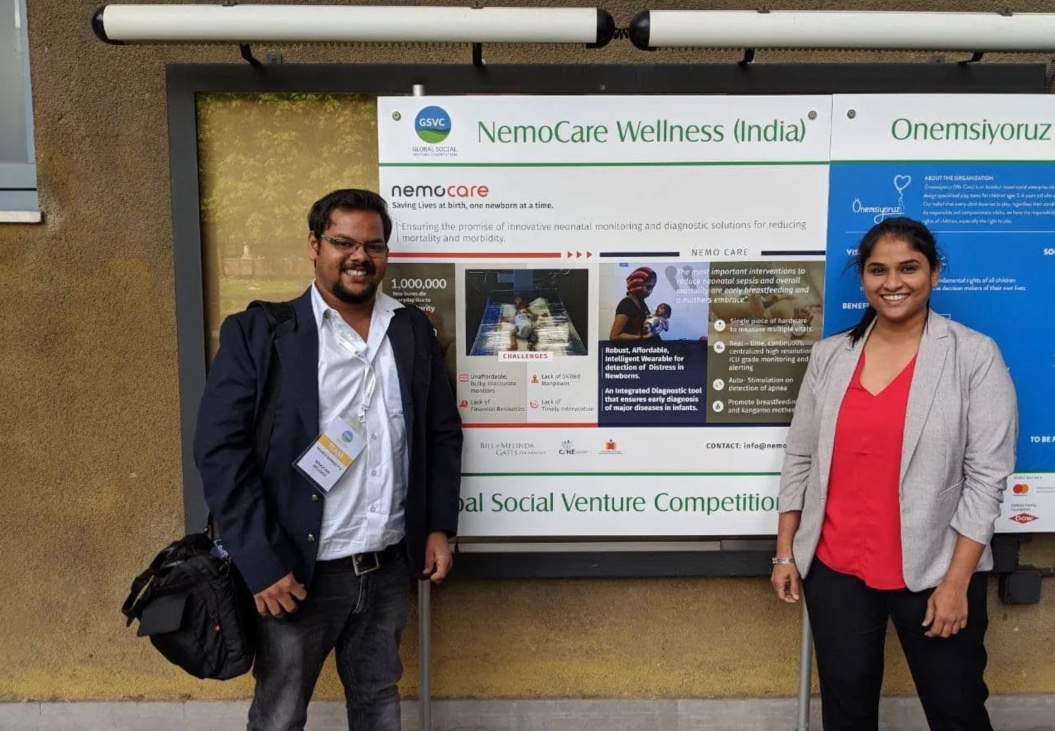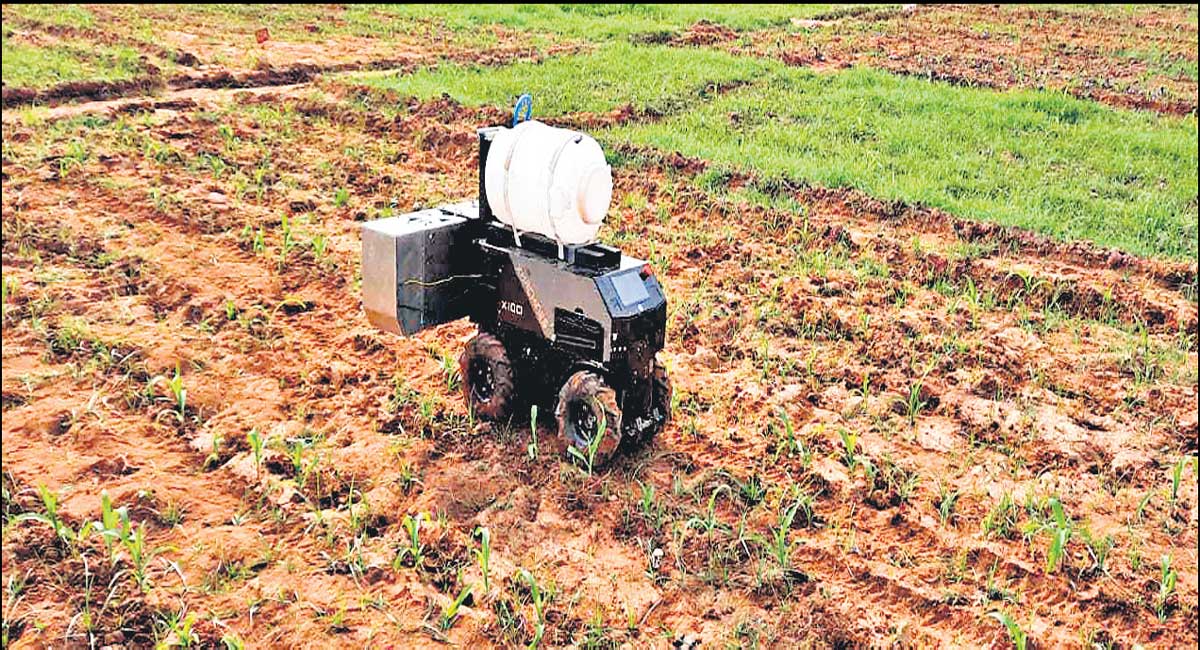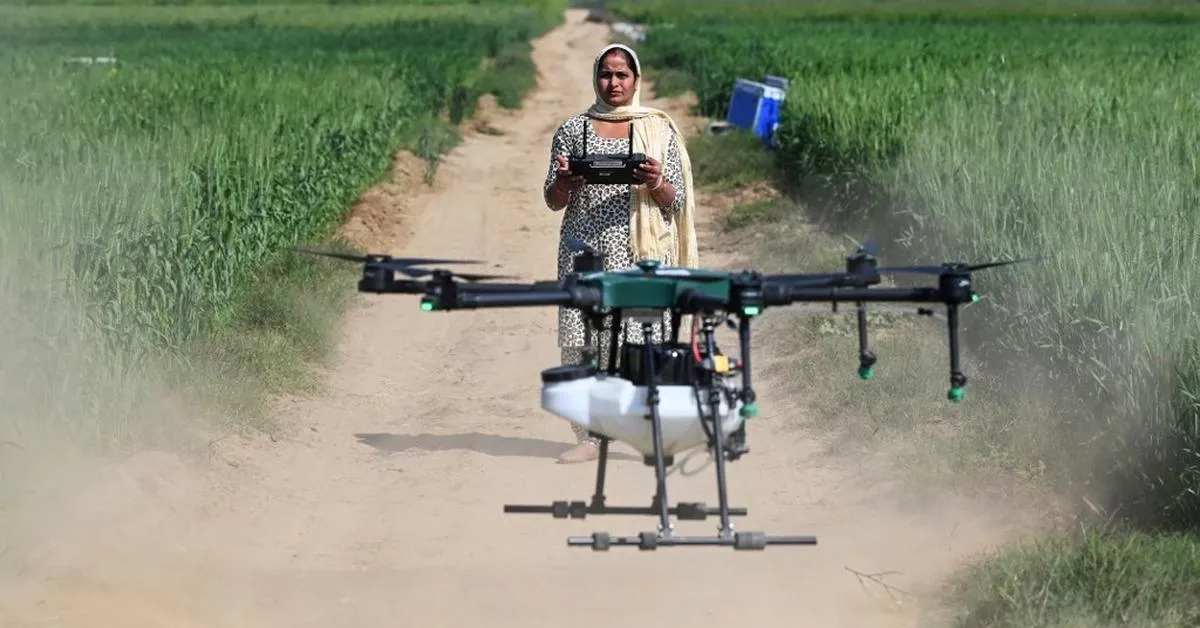AI Personalization Beyond Libraries: Transforming Indian Sectors
The AI-driven personalization technology showcased in Belagavi’s eBooks is not confined to the realm of public libraries. Its core principles—adaptive content delivery, multilingual support, and privacy-conscious design—are rapidly finding resonance across diverse Indian sectors. From education and healthcare to governance and agriculture, these applications are shaping new paradigms for accessibility, efficiency, and inclusion. This section explores how AI-powered personalization is being harnessed in real-world Indian contexts, referencing key policies, institutional initiatives, and expert insights.
Personalized Learning in Indian Education: From Classrooms to EdTech
AI-powered personalization is revolutionizing Indian education by tailoring learning experiences to individual needs and contexts. The National Digital Library of India (NDLI), a flagship initiative under the Ministry of Education, employs AI algorithms to recommend resources based on learners’ profiles, academic history, and language preferences, thereby democratizing access for millions of students across the country. The Central Board of Secondary Education (CBSE) has piloted AI-based assessment tools that provide automated, real-time feedback to students, helping them identify learning gaps and improve exam preparedness.
Private edtech leaders such as BYJU’S and Vedantu have integrated AI-driven adaptive learning modules that adjust content difficulty, pacing, and format according to each student’s progress and learning style. These approaches mirror the dynamic story adaptation and micro-assessment features of Belagavi’s eBooks, demonstrating the scalability of AI personalization in both public and private educational ecosystems.
A notable case is the Karnataka State Open University’s AI-enabled learning management system, which personalizes course content and assessments for over 50,000 distance learners, illustrating institutional adoption and the potential for statewide scale.
AI for Healthcare Literacy and Patient Empowerment
Healthcare in India is witnessing a surge in AI-driven personalization, particularly for patient education and health literacy. AI chatbots, such as those deployed by the Ministry of Health and Family Welfare, deliver customized health information in regional languages, making complex medical advice accessible to rural populations. Digital Green, an NGO working in rural India, has adapted AI-powered communication tools to deliver personalized health and nutrition advice to women and children, using local dialects and culturally relevant content. These initiatives echo the Belagavi model’s focus on context-aware, multilingual content delivery, underscoring the cross-sectoral relevance of AI personalization.
Smart Governance: AI-Enhanced Citizen Engagement
The Indian government is increasingly deploying AI to personalize citizen services and foster participatory governance. The MyGov platform utilizes AI algorithms to curate content, feedback forms, and scheme recommendations based on user demographics and engagement history. Multilingual AI chatbots guide citizens through complex government schemes, ensuring that language and literacy barriers do not impede access to entitlements.
Belagavi’s eBooks’ multilingual, adaptive features are paralleled in these governance tools, which aim to make public services more responsive and inclusive. The Smart Cities Mission, under which Belagavi operates, actively promotes such digital innovations to enhance urban governance and citizen satisfaction.
Agricultural Advisory and Rural Development: AI for the Last Mile
AI-driven personalization is making significant inroads in Indian agriculture, where localized knowledge is critical for productivity and resilience. The Digital Green initiative employs AI to analyze farm-level data—such as soil health, weather patterns, and crop cycles—and deliver tailored advisories to smallholder farmers via mobile platforms and community videos. This approach ensures that recommendations are context-specific, actionable, and linguistically appropriate.
Similarly, the Ministry of Agriculture’s eNAM platform is exploring AI-powered market advisories that adapt to farmers’ crops, location, and market trends, helping them make informed decisions and improve incomes. These efforts reflect the same user-centric, adaptive ethos that underpins Belagavi’s eBooks, but applied to rural livelihoods and food security.
Research and Expert Perspectives: Building India’s AI Foundations
Indian academic institutions are at the forefront of developing AI models tailored to the country’s linguistic and socio-economic diversity. IIT Bombay’s Center for Indian Language Technology and IIIT Hyderabad’s Language Technologies Research Center are pioneering natural language processing (NLP) tools for Indian languages, enabling more effective AI-driven personalization in education, healthcare, and governance.
Dr. R. S. Sharma, Director of the Centre for Educational Technology at NCERT, notes, “AI’s ability to adapt content to linguistic and cognitive diversity is a game-changer for Indian classrooms and beyond. The Belagavi pilot demonstrates the transformative potential of such technologies when grounded in local realities.” Similarly, Prof. Anuradha Sharma of IIIT Hyderabad emphasizes the importance of offline, privacy-preserving AI models, stating that “these innovations ensure that digital transformation reaches even the most underserved communities.”
—
By embedding AI-driven personalization across education, healthcare, governance, and agriculture, India is crafting a blueprint for inclusive digital transformation. The Belagavi eBook initiative stands as a microcosm of this broader movement, illustrating how adaptive, context-aware technologies can bridge divides and empower diverse communities nationwide.














